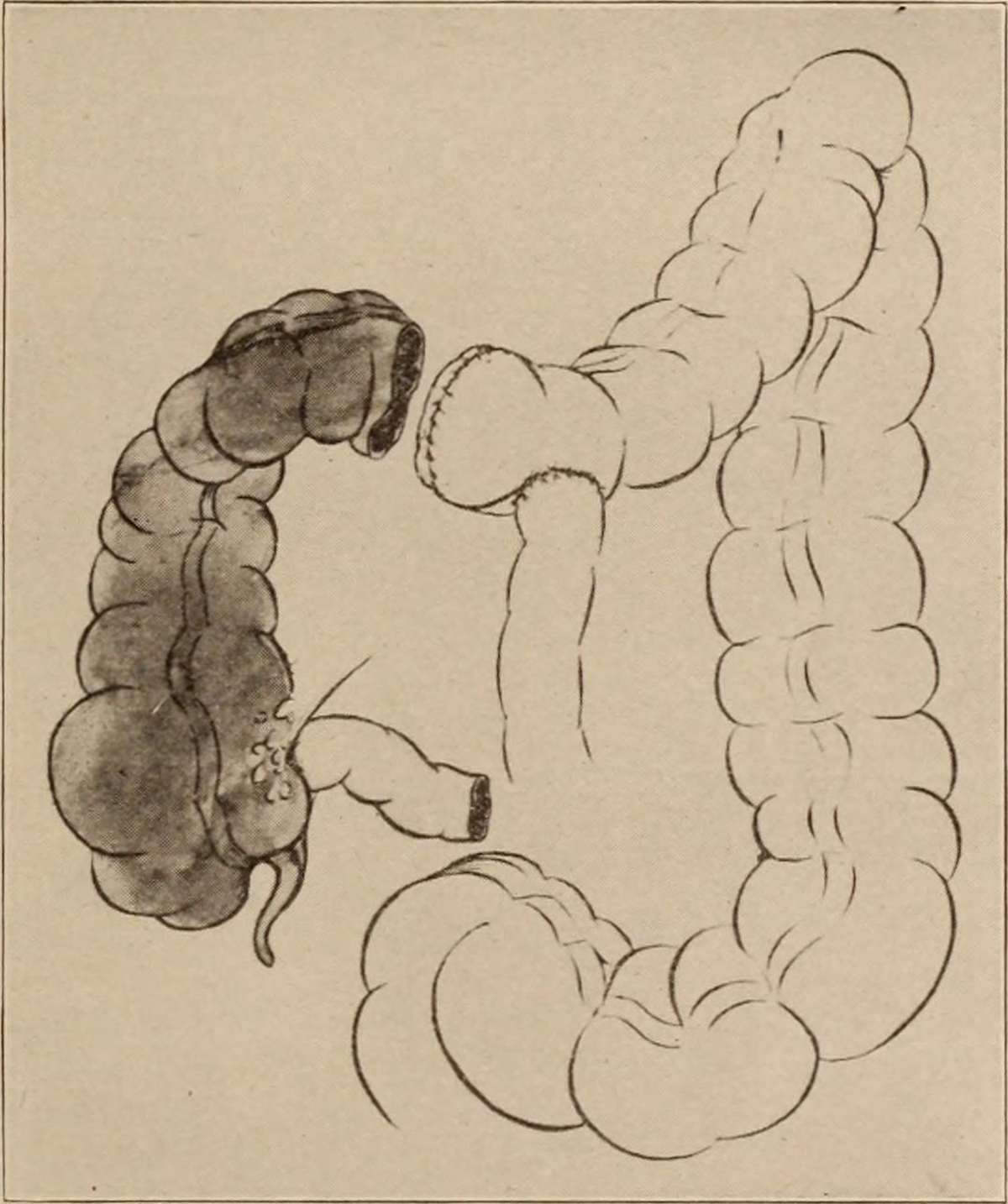
Introduction
The large intestine is also well-known under the names colon and bowel. The large intestine is a long tube that is a part of the digestive tract. A very broad range of medical problems can affect the colon, such as cancer, chronic inflammatory bowel diseases, perforations and blockages. Many of these medical conditions can be treated by performing colon surgeries.
There are also cases in which at-risk patients decide to undergo a colon surgery in order to prevent future potential colon cancer, as an elective procedure. The type of surgery that will be performed depends on which part of the colon is affected (as well as what the reason for surgery is, of course), because the bowel consist of three parts. These sections of the colon are the right or ascending colon, the transverse or central area of abdomen, and the left or descending colon.
What is Hemicolectomy?
Hemicolectomy is a type of surgery in which either the left or right side of the colon is removed. In a right hemicolectomy, the ascending colon is first removed, and then the surgeon connects the remaining part to the small intestine. This procedure of attaching is known under the name anastamosis. Laparoscopy is a colon surgery technique that enables patients to recover very fast. Laparoscopic procedure is a minimally invasive procedure, because the surgeons make only small a incision through which instruments and a camera enter the body and then the operation is performed through this small incision.
Complications of right hemicolectomy
A right hemicolectomy can cause some complications, just like any surgical procedure. They would include an infection of the wound or incision site that causes pain, and swelling or redness of the region around the wound. To treat this condition, doctors usually prescribe a course of appropriate broad spectrum antibiotics.
Furthermore, ileus can occur, which is actually a delayed return to normal gut function. In this case, intravenous nutrition is necessary. Moreover, bleeding, colon damage and blood clots may appear as potential complications of a right hemicolectomy. Pulmonary embolism is a disorder that occurs if blood clots from the leg spread to the lungs. A hernia through the wound and leakage at the site of joining of small and large intestine are also some of the complications that are common for this type of colon surgery. Chest infections, especially in smokers, and venous thrombosis are very frequent complications of this kind of surgery as well.
Post-operative recovery after a right hemicolectomy
After undergoing a right hemicolectomy, the initial recovery periods usually lasts several days. In the beginning, slight bleeding can occur and this is considered is normal. Some patients have to change their diet in order to regulate their bowel movements. They first start to drink and then take a light diet. If they do this successfully, then intravenous drips and catheters are not necessary anymore and can be removed. After this, patients are encouraged gradually to sit up and then to walk for short periods of time.



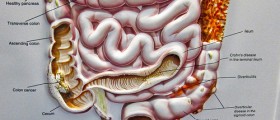

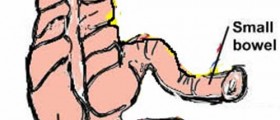

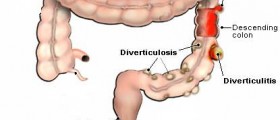


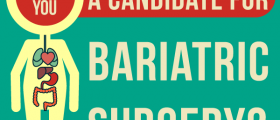



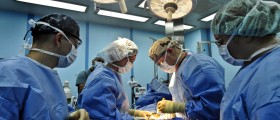
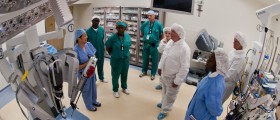

Your thoughts on this
Loading...